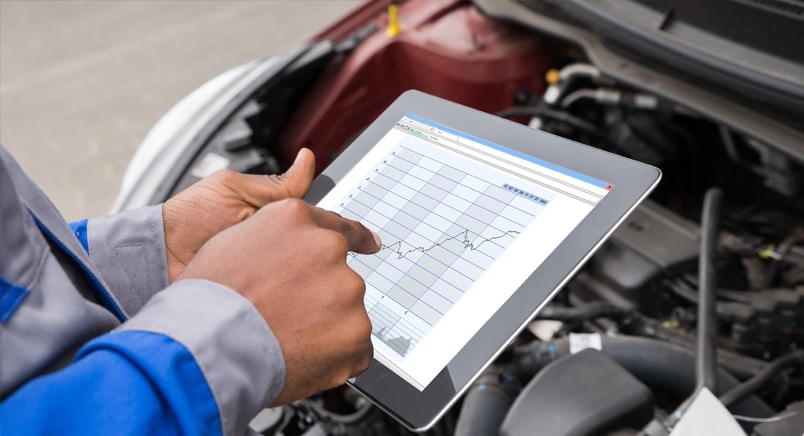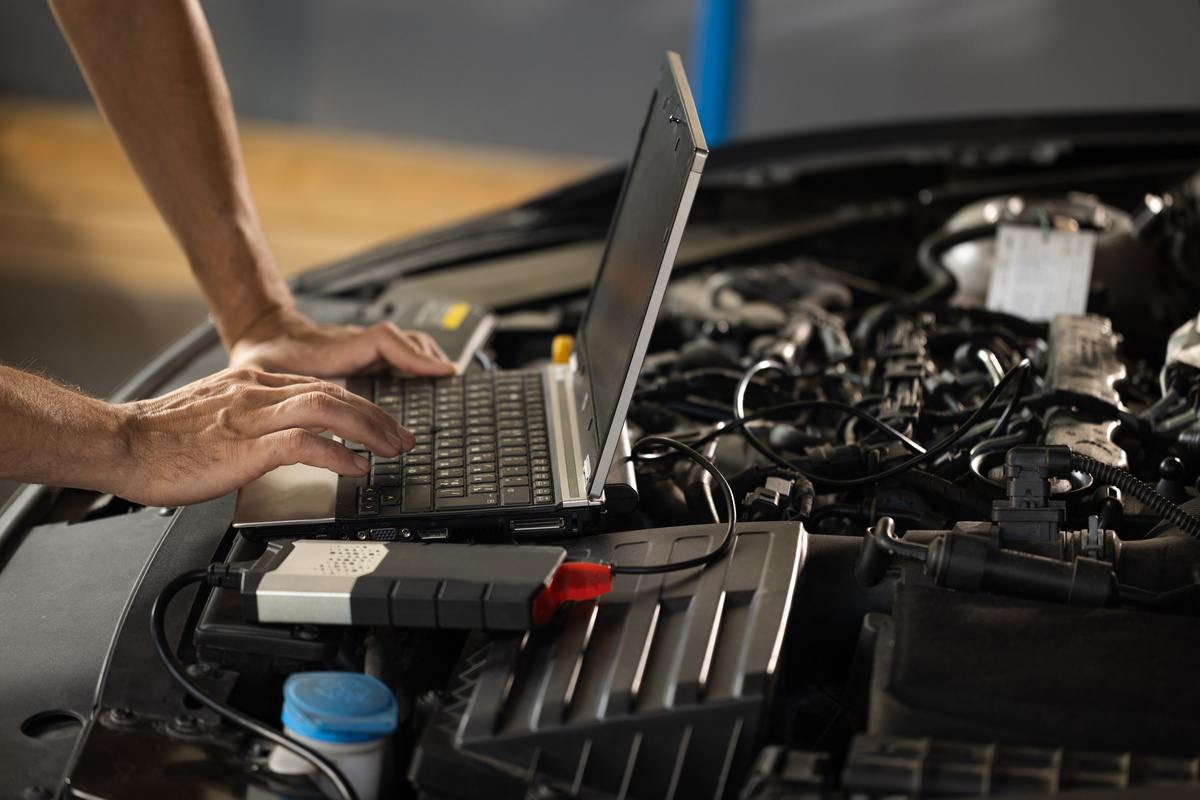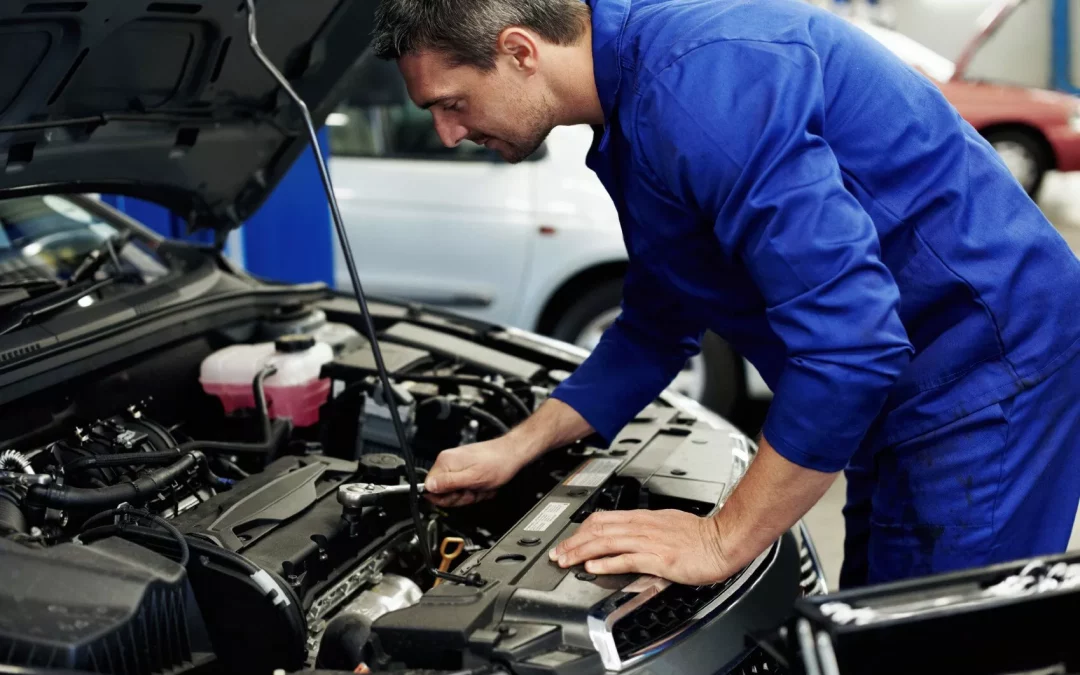Have you ever wondered what is an engine diagnostic? You’re not alone. Many vehicle owners are curious about this important automotive technology. Understanding engine diagnostics is crucial for maintaining the health of your car and avoiding costly repairs.
This article will delve into the tremendous aspects of engine diagnostics, a technology that has been approved by industry experts and has proven to be a big help for car owners everywhere.

The Importance of Engine Diagnostics
Engine diagnostics are an integral part of modern automotive maintenance. They provide valuable insights into the condition of a vehicle’s engine, helping to identify potential problems before they become serious.
How Engine Diagnostics Work
Engine diagnostics utilize advanced technology to scan your vehicle’s engine for any faults. When you take your car for a diagnostic test, a technician will use specialized equipment to analyze your engine’s performance.
What Can Be Diagnosed?
Engine diagnostics can identify a wide range of issues, from minor faults to major problems. These can include:
- Misfires
- Fuel injector issues
- Oxygen sensor problems
- Blown head gasket
Detecting Smaller Issues
Even small issues like a failing spark plug or a dirty air filter can be detected through engine diagnostics. This early detection can save you from larger, more expensive repairs down the line.
Approved by Experts
Industry professionals approve of engine diagnostics due to their effectiveness in identifying problems quickly. This technology ensures that vehicles perform at their best and remain safe on the road.
A Terrific Tool for Maintenance
Regular engine diagnostics can be a terrific tool in your vehicle maintenance arsenal. By keeping an eye on your engine’s health, you can extend the life of your car and enjoy smoother, more reliable performance.
The Technology Behind Engine Diagnostics
Modern engine diagnostics rely on onboard diagnostics (OBD) systems. These systems are present in most vehicles manufactured after 1996 and allow mechanics to access detailed information about your car’s engine.
Interaction with Your Vehicle’s Computer
The OBD system communicates with your car’s computer, allowing it to monitor various aspects of your engine’s performance. This data is then used to pinpoint any issues that may be present.
Benefits of Regular Engine Diagnostics
There are many benefits to regular engine diagnostics, including:
- Improved fuel efficiency
- Reduced emissions
- Early detection of potential problems
Improved Fuel Efficiency
By identifying and addressing issues early, engine diagnostics can help improve your vehicle’s fuel efficiency, saving you money at the pump.
How Often Should You Get an Engine Diagnostic?
It’s recommended to have an engine diagnostic performed at least once a year, or whenever you notice any issues with your vehicle’s performance.
At Regular Service Intervals
Many experts suggest incorporating engine diagnostics into your regular service intervals to ensure your vehicle remains in top condition.
Internal and External Links
For more detailed insights on high-speed genetic analysis, you can visit this article. Also, learn about the primary purpose of the tachometer on an axial compressor turbine engine here.
For a comprehensive overview of what car engine diagnostic tests can tell you, check out this external link.
FAQs
What is an engine diagnostic?
An engine diagnostic is a test performed on a vehicle’s engine to identify any faults or issues.
How often should I have my engine checked?
It’s recommended to have an engine diagnostic at least once a year or whenever you notice performance issues.
Can engine diagnostics improve fuel efficiency?
Yes, by identifying and fixing issues early, engine diagnostics can help improve your vehicle’s fuel efficiency.

Conclusion
Understanding what is an engine diagnostic is crucial for maintaining your vehicle’s health. This approved and big technology offers tremendous benefits, ensuring that your car remains in top condition and runs efficiently. By incorporating regular engine diagnostics into your vehicle maintenance routine, you can enjoy safer, more reliable driving experiences.
